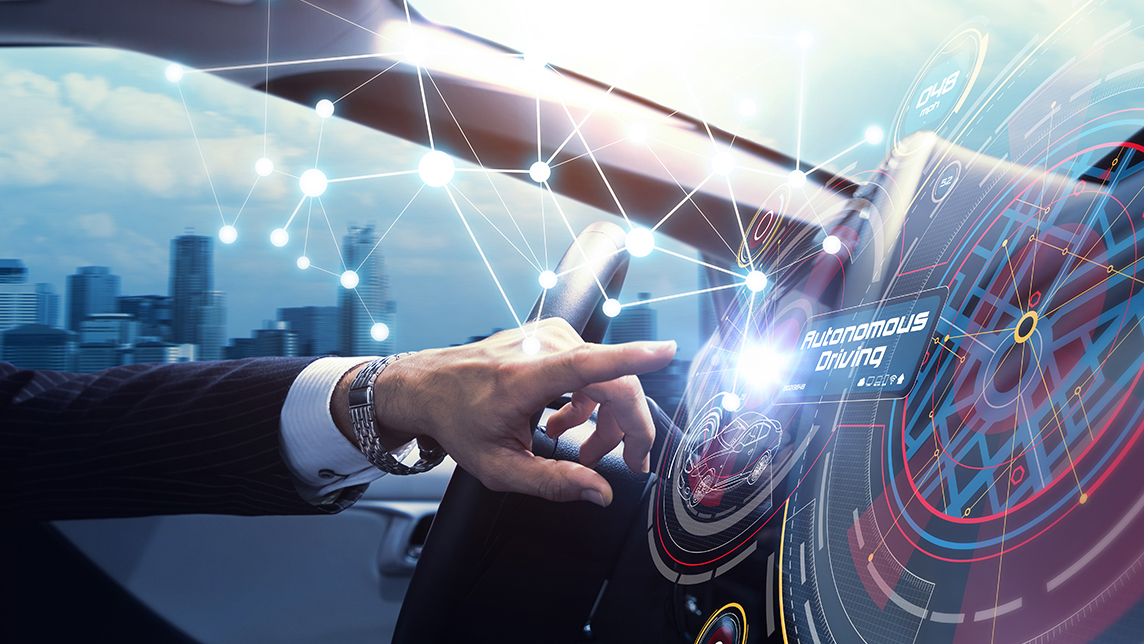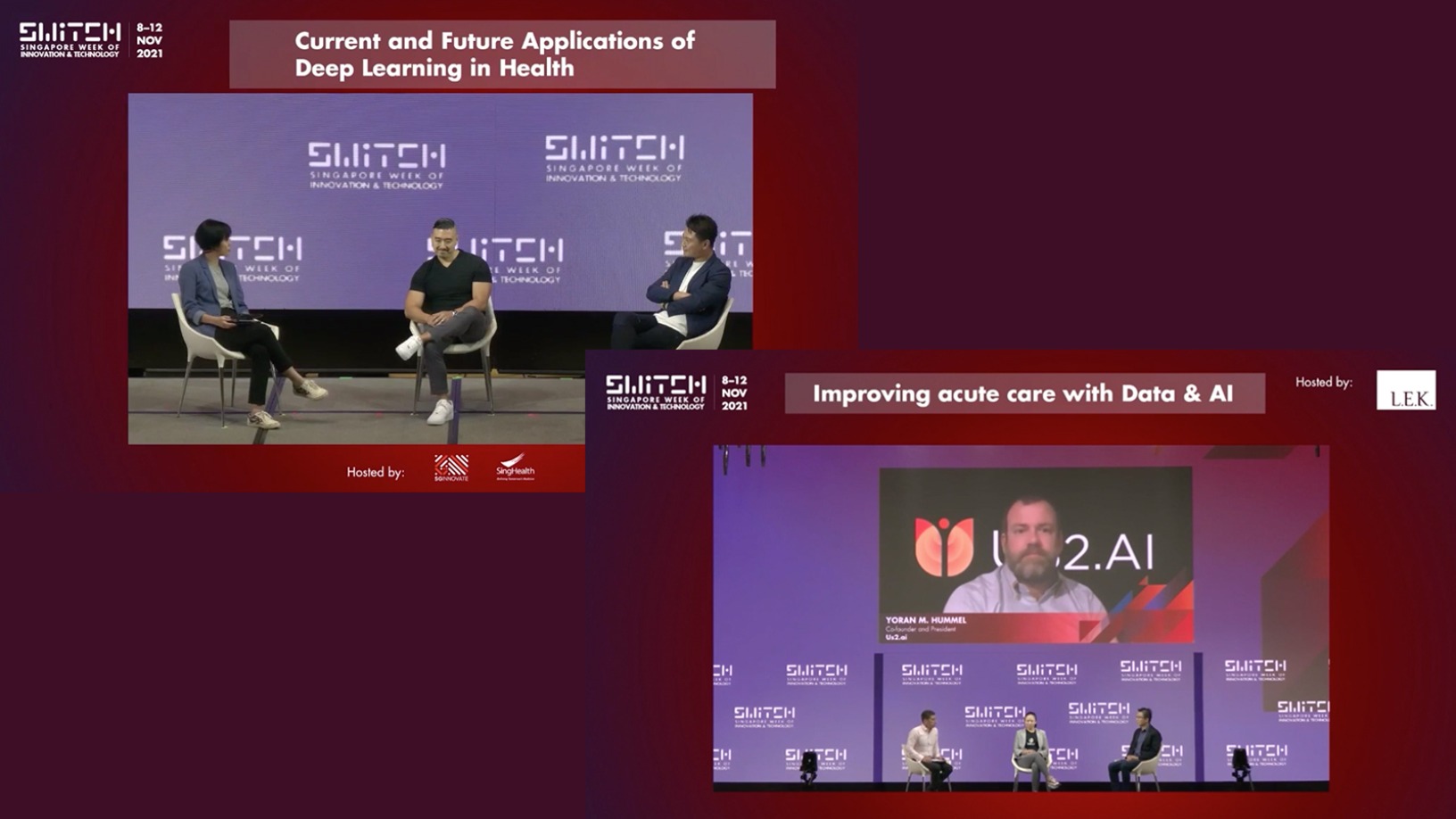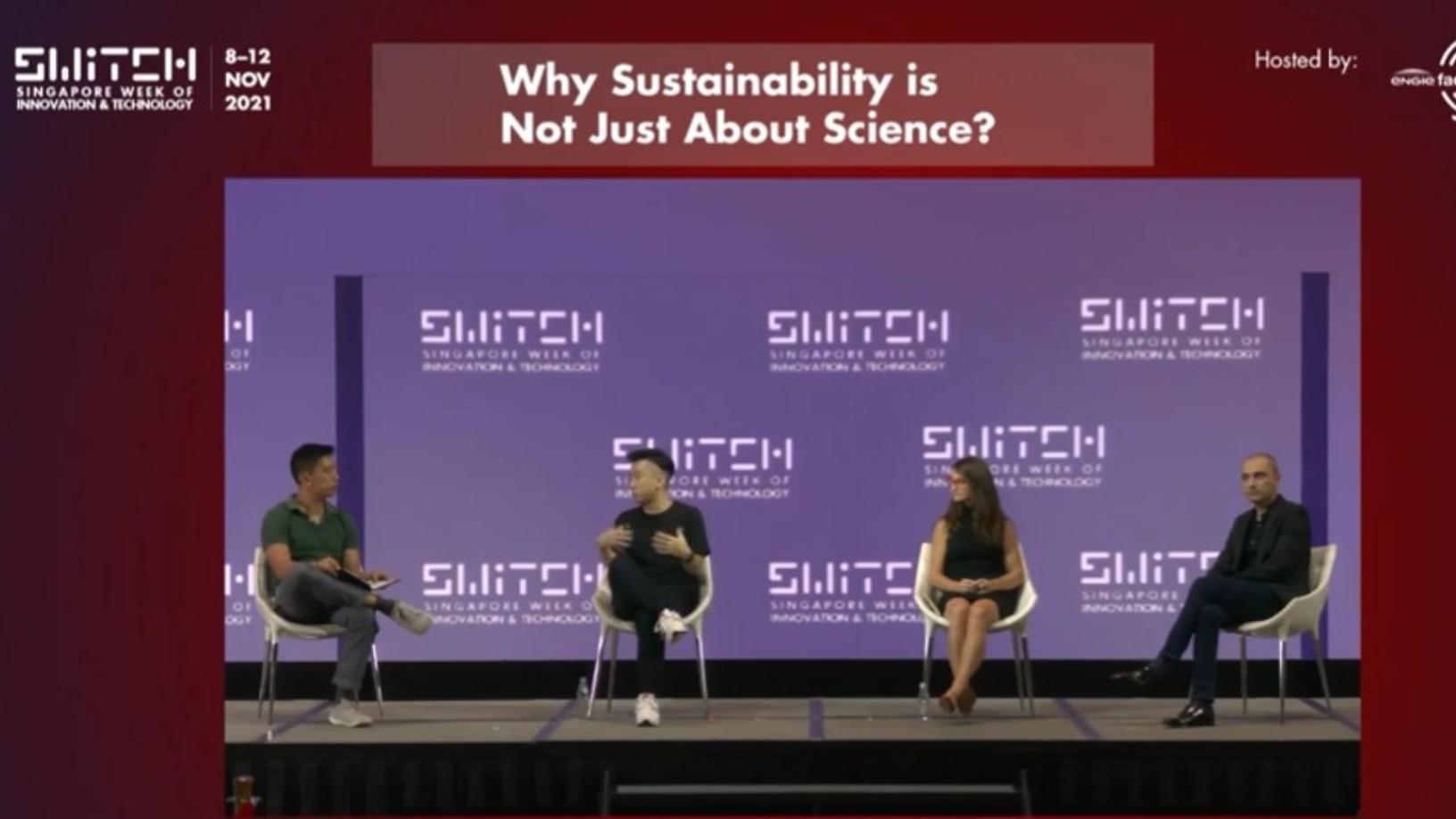Sherpa has grown exponentially in the six years since it was founded in 2012 by Xabier Uribe-Etxebarria. A voice-based intelligent assistant with advanced algorithms and predictive capabilities, Sherpa had quickly reached 1 million Android downloads before the company inked a deal with Samsung in 2015 to pre-install Sherpa's program in Galaxy S6 smartphones.
Last month, Sherpa launched Sherpa Platform, extending access to its APIs to a myriad of Internet of Things (IoT) devices including cars, headphones and home appliances. Unveiling Platform in Madrid, Uribe-Etxebarria said the suite had already attracted the attention of German luxury automaker Porsche, which will integrate Sherpa’s AI solutions into its vehicles.
“It is not by chance that [Porsche] are our customers. They did tests with other competitors and decided to bet on us,” said Uribe-Etxebarria.
Born in Algorta, a Basque village, Uribe-Etxebarria was first inspired by Apple’s “Knowledge Navigator” video from the 1980s, which depicts a man conducting a fluent conversation with a machine, asking it questions that the machine was able to answer with precision. Two decades later, Uribe-Etxebarria turned that artificial prediction of the future into reality with the launch of Sherpa.
Its growth has been phenomenal ever since: the company ballooned 300% in the six months ended March 2018, according most recently available figures.
More tech, more touch
There’s a Silicon Valley motto that says, “more tech, more touch,” meaning that any form of communication technology, no matter how advanced it is, must help people connect more effectively and improve their daily life.
But a study by Deloitte found most human-digital assistant interactions still generate frustration, with intelligent assistants unable to perform users’ basic commands or process complex queries. The study found 35% of users use intelligent assistants for predictive text messages, 24% use it for driving route suggestions, while voice recognition technology is used by just 12% of users.
Such disappointing outcomes have driven Uribe-Etxebarria to redefine the way people perceive intelligent assistants and develop a technology that is truly able to perform tasks like a real human assistant. Sherpa invested in hiring top AI, mathematical and computer experts to collaborate on developing predictive machine-learning algorithms that will master complex functions; natural language processing for five levels of linguistic analysis to avoid misinterpretation; and AI profiling, analyzing over 100,000 parameters per user per day in order to continuously update users’ profiles and preferences.
Evolving business model
2018 has marked numerous changes for Bilbao- and Palo Alto-based Sherpa, in terms of its business model and product development. With the launch of Platform, Sherpa enters the B2B market.
“It's a very important step for our company, as we're starting to monetize our software," commented Uribe-Etxebarria.
Sherpa initially limited its technology applications to the smartphone market, cementing partnerships with Samsung and also opening the platform’s APIs to third parties for integration. Doing so allowed the company to pass from a B2B2C model to a more flexible B2B model that allows multiple platform applications across industries and verticals. Sherpa supplies hardware manufacturers and partners with its technology through bilateral contracts, charging clients per device installation and consultancies.
The company also has several competitive advantages: the first, its extensive in-field experience. Sherpa was initially developed in seven Spanish dialects and since 2012, the company has consistently worked on product optimization, learning frequently asked questions and improving understanding of the many different ways people ask questions.
Secondly, and perhaps the company’s greatest differentiator, is its independence: Sherpa is the industry’s only independent platform. For many of its potential clients such as car manufacturers and telcos, tech giants that have developed advanced AI capabilities like Google, Apple and Amazon remain their biggest competitors. Finally, operating as a white-label offer that provides ad-hoc solutions for its business partners has given Sherpa greater flexibility and the ability to scale markets.
Still in his 30s, Uribe-Etxebarria is CEO of a company developing one of the most competitive and technologically advanced AI assistants. Sherpa directly competes with tech giants that have greater financial clout, larger teams and their own devices on which they can install and test their technology.
“Obviously we need more funding if we want to be up to the task and compete with the big ones,” Uribe-Etxebarria has said.
Sherpa’s last funding round raised US$6.5 million from Mundi Ventures, FCRE and other private investors in 2016. The company used the financing to improve its app and expand its service to the English- and Portuguese-speaking markets. TechCrunch reported Sherpa is close to completing an US$8 million bridge round of funding later this year, before it embarks on a larger Series B round.
Following the deal with Porsche, the company is focused on bringing its AI technology to the automotive sector and is currently working with other global premium cars manufacturers, which remain unnamed.
“I have no doubt that in a future, where autonomous cars become a reality, machines will be able to drive much better than humans,” said Uribe-Etxebarria. ”Thanks to AI and smart assistants, there will be much more safety on the road and fewer accidents.”













